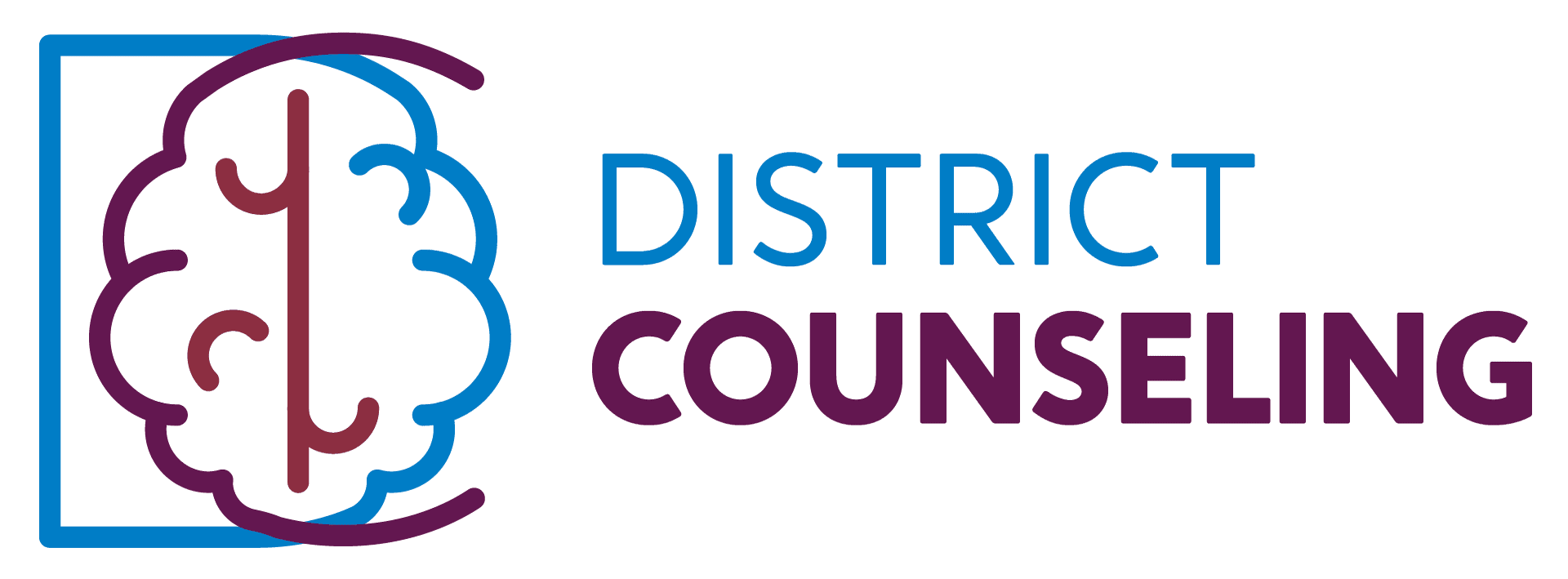The 8:00 AM coffee wasn’t working its usual magic for Maria. It was Wednesday in Houston, and the middle of the week felt less like a hump to get over and more like a valley to slog through. The initial energy of Monday was a distant memory, and the relief of Friday felt worlds away. She scrolled through her phone during a brief pause in her morning emails, a habit she knew she should break but couldn’t.
That’s when she saw it. A headline about Typhoon Fung-wong devastating communities in the Philippines, forcing over 900,000 people to evacuate. Her heart sank. Another story flashed across the screen—reports of a deadly car explosion near the historic Red Fort in Delhi, with an investigation into terrorism underway. Suddenly, the pressure of her quarterly report felt both insignificant and impossibly heavy. The world’s pain, delivered through a glowing screen, had landed squarely on her shoulders in the middle of a stressful Wednesday. How was she supposed to just file this away and focus on spreadsheets?
When the World’s Problems Land on Your Desk
Maria’s experience is a familiar one. We live in an era of unprecedented connection, which means we also have unprecedented access to global crises. This constant stream of difficult news, especially when we’re already feeling the mid-week squeeze, can lead to a phenomenon known as compassion fatigue or secondary traumatic stress. It’s the emotional and physical exhaustion that comes from witnessing the suffering of others, even from a distance.
You might feel:
* A surge of anxiety or a feeling of dread.
* Helplessness and a sense that your own problems are trivial.
* Difficulty concentrating on your tasks.
* A lingering sadness or irritability that colors the rest of your day.
This isn’t a sign of weakness; it’s a sign of your empathy. Your nervous system is reacting to perceived threats and suffering. The challenge, especially in the middle of a demanding week, is to acknowledge these feelings without letting them completely derail your mental well-being. It’s about finding a way to stay informed without becoming emotionally saturated. For many, learning to build these boundaries is a key focus of **counseling in Texas**, where the fast pace of life can often magnify these feelings.
***
Finding Your Anchor in the Mid-Week Storm
Maria could feel the anxiety tightening in her chest. The office chatter faded into a dull roar, and the screen in front of her blurred. She recognized the signs of a spiral. But this time, she remembered a technique her **therapist in Houston** had taught her for moments just like this—the 5-4-3-2-1 grounding method.
She pushed her chair back slightly from her desk and quietly began.
1. **5 THINGS YOU CAN SEE:** She looked around her cubicle. *Her computer monitor. The green leaves of her desk plant. A framed photo of her dog. The blue of her colleague’s sweater. The grain of the wood on her desk.*
2. **4 THINGS YOU CAN FEEL:** She focused on physical sensations. *The cool, smooth surface of her desk under her fingertips. The supportive pressure of the chair against her back. The soft fabric of her own sleeve. The feeling of her feet flat on the floor.*
3. **3 THINGS YOU CAN HEAR:** She listened past the anxiety. *The low hum of the office air conditioning. The distant sound of traffic outside. The rhythmic clicking of her own pen against the desk.*
4. **2 THINGS YOU CAN SMELL:** She took a deliberate breath. *The faint, lingering scent of her morning coffee. The clean, crisp smell of the sanitizer on her hands.*
5. **1 THING YOU CAN TASTE:** *The subtle, minty flavor from her toothpaste that morning.*
By the time she finished, the frantic energy had subsided. The world’s problems hadn’t vanished, but they were no longer a crushing weight inside her chest. She was back in her office, on a Wednesday morning, grounded in her own reality. Techniques like this are powerful tools, but for persistent anxiety or trauma, a more structured approach may be needed. Consulting with a professional who specializes in **Psychiatry in Houston** can help determine if medication or other interventions could be beneficial.
***
Curating Your Outlook and Taking Control
Grounding yourself is the first step. The next is taking proactive control over what you can. You cannot stop a typhoon or prevent a distant tragedy, but you can manage your exposure and your response.
Maria made a conscious choice. She closed the news tab on her browser. She decided that for the rest of the day, she would focus on her immediate environment and tasks. During her lunch break, instead of scrolling, she would take a walk outside. This isn’t about ignoring the world, but about intentionally creating moments of peace so you have the emotional resources to cope.
Consider these small, empowering actions:
* **Schedule your news intake:** Limit it to twice a day for 10-15 minutes instead of constant snacking.
* **Focus on helpers:** When you read about a crisis, actively look for the stories of first responders, volunteers, and organizations making a positive impact.
* **Take one small, positive action:** Donate to a relief fund, share a helpful resource

Arely Ambriz
January 29, 2026
Did You Get the Message? How Unseen Breakdowns in Communication Can Erode Your Relationship
Understand the “pursue-withdraw” dynamic and how it creates a negative interaction cycle in relationships. Learn how to recognize and interrupt this predictable pattern....

Arely Ambriz
January 27, 2026
Navigating the Robot in the Next Cubicle: Your Questions on AI and Workplace Anxiety Answered
Worried about AI taking over? Explore how to navigate AI in the workplace and find practical answers to your questions on workplace anxiety in the age of automation....

Arely Ambriz
January 26, 2026
From the Ashes: How Life’s Unexpected Eruptions Can Forge New Beginnings
Feeling overwhelmed after a major life change? Learn how to rebuild with small, courageous steps. Discover strategies for setting achievable goals, processing grief, and finding direction. See how a therapist...

Development Funnel Boost Media
January 23, 2026
High-Functioning Anxiety: A Common Experience Among Austin Professionals
Many people experiencing anxiety don’t look anxious at all. They show up to work. They meet expectations. They’re dependable, capable, and often successful. On the outside, everything seems fine —...

Arely Ambriz
January 23, 2026
Your Weekend Recharge: A Q&A on Reclaiming Your Time and Well-being
Struggling to disconnect? Discover how to reclaim your weekend with tips on setting workplace boundaries and shifting your focus to body positivity. Find out when it’s time to seek professional...

Arely Ambriz
January 22, 2026
Beyond Borders: What Global Negotiations Can Teach Us About Our Closest Relationships
Learn how to strengthen your relationship with strategies inspired by diplomacy. From clear communication to conflict management, these actionable tips help build trust and connection....

Arely Ambriz
January 21, 2026
That Day Was Six Years Ago. Is Your Nervous System Still Paying the Price?
Reflecting on the first confirmed COVID-19 case in the US six years ago, this article explores the lasting impact of “survival mode” on our nervous systems. Learn to recognize signs...

Arely Ambriz
January 20, 2026
Is Your Job Affecting Your Mental Health? A Q&A for the Modern Texas Workplace
Manage career stress and job insecurity with practical tips on building a career toolkit, setting boundaries, and reclaiming personal time for a healthier work-life balance....

Arely Ambriz
January 19, 2026
More Than a Day Off: How Martin Luther King Jr.’s Dream Can Fuel Your New Beginning
Find motivation and support for your mental health journey. Take small steps, build your community, and connect with therapists or psychiatrists in Houston and Texas to reclaim your well-being....

Arely Ambriz
January 16, 2026
Can I Ever Truly Unplug? A Q&A on Protecting Your Weekend Peace
Struggling to disconnect? Learn how to manage job anxiety and reclaim your weekend with practical tips on setting boundaries and active recovery for a healthier work-life balance....

